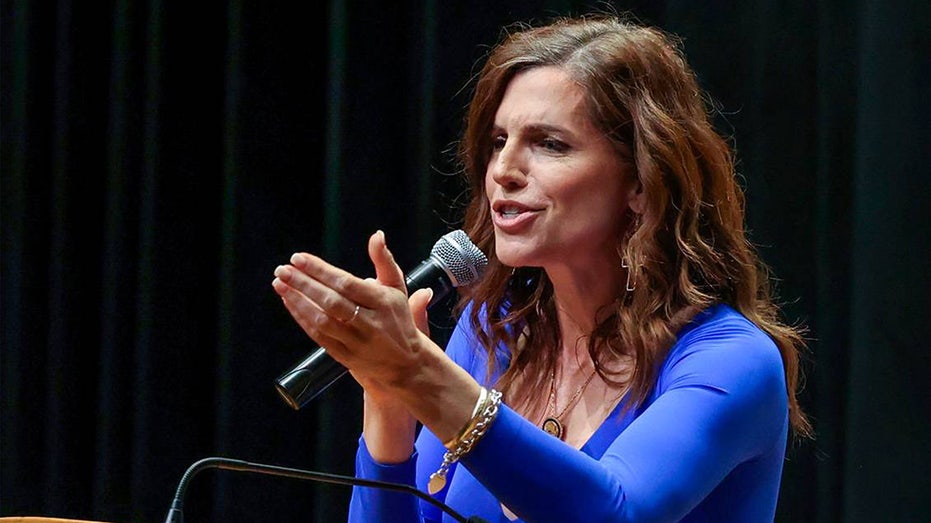The phone call shattered the Roman night. A mother’s desperate plea – her 17-year-old son, stabbed, and fearing for his life. This wasn’t an isolated incident; it was a chilling echo of a growing unease gripping the ancient city, a city increasingly defined by violence and fear.
Just days before, a man was savagely beaten and robbed on his way to work. Then, an explosion rocked a quiet suburb, shattering the entrance of an apartment building where friends were creating a memorial for a 19-year-old, lost to another stabbing. A 28-year-old man was found bleeding in the streets, another victim of a senseless attack.
Rome, once celebrated for its history and beauty, now ranks third in Italy’s crime index. The numbers are stark: over 270,000 reported crimes in a single year, a surge in sexual violence, intentional injuries, and drug-related offenses. The city’s daytime safety score stands at a concerning 75, plummeting to just 47 after dark.

Lorenzo Caccialupi, an Italian voice gaining prominence, documents this reality. He shares videos from the streets, highlighting the visible changes in Rome’s landscape and the growing sense of insecurity. He speaks of an influx of migrants, not just altering the city’s appearance, but fundamentally shifting its character.
The statistics paint a troubling picture. Foreign nationals comprise a significant portion of Italy’s prison population, and a disproportionate number of crimes are attributed to illegal immigrants. Among young people, the disparity is even more alarming: non-EU youths, representing a tiny fraction of the population, are responsible for the majority of violent offenses.
Italy’s struggle stems from decades of policy, driven by European Union pressures and previous administrations. The Dublin Regulation, intended to manage asylum claims, placed an overwhelming burden on frontline nations like Italy. A system designed to work collapsed, as countries bypassed regulations, allowing migrants to move freely across borders.

Past governments prioritized humanitarian concerns, rescuing hundreds of thousands at sea with limited support from the EU. Now, Prime Minister Giorgia Meloni has adopted a dramatically different approach, prioritizing national sovereignty and border security. She’s challenging the liberal agenda that many believe contributed to the crisis.
Meloni’s commitment extends beyond policy. She champions traditional values, publicly defending the presence of crucifixes in schools as symbols of the civilization’s foundations. This isn’t merely about religious symbols; it’s about reclaiming a cultural identity.
Her strategy focuses on externalizing borders, forging partnerships with North African nations, and cracking down on NGO rescue operations. The controversial Albania Offshore Processing Deal aims to process asylum claims outside of Italy, but faces legal challenges. Meloni remains resolute, determined to make it work.

She’s also investing in Africa, seeking to address the root causes of migration through economic development. Simultaneously, she’s strengthening border enforcement, imposing strict regulations on rescue ships, and holding captains accountable for violating the rules.
The results are beginning to show. After a surge in illegal arrivals in 2022 and 2023, numbers have dropped dramatically in 2024, a nearly 60% reduction. While challenges remain, Meloni’s policies are demonstrably altering the trajectory of the crisis.
Italy’s situation, though severe, is not unique. Across Europe, countries with more liberal immigration policies are grappling with even greater challenges. Germany, France, and Spain host significantly larger numbers of foreign-born residents, and some nations have far higher percentages of foreign nationals within their populations.
The story of Rome is a microcosm of a larger European struggle – a struggle to balance compassion with security, tradition with change, and national identity with global responsibility. It’s a story unfolding on the streets, in the statistics, and in the unwavering determination of a leader fighting to reclaim her nation’s future.





